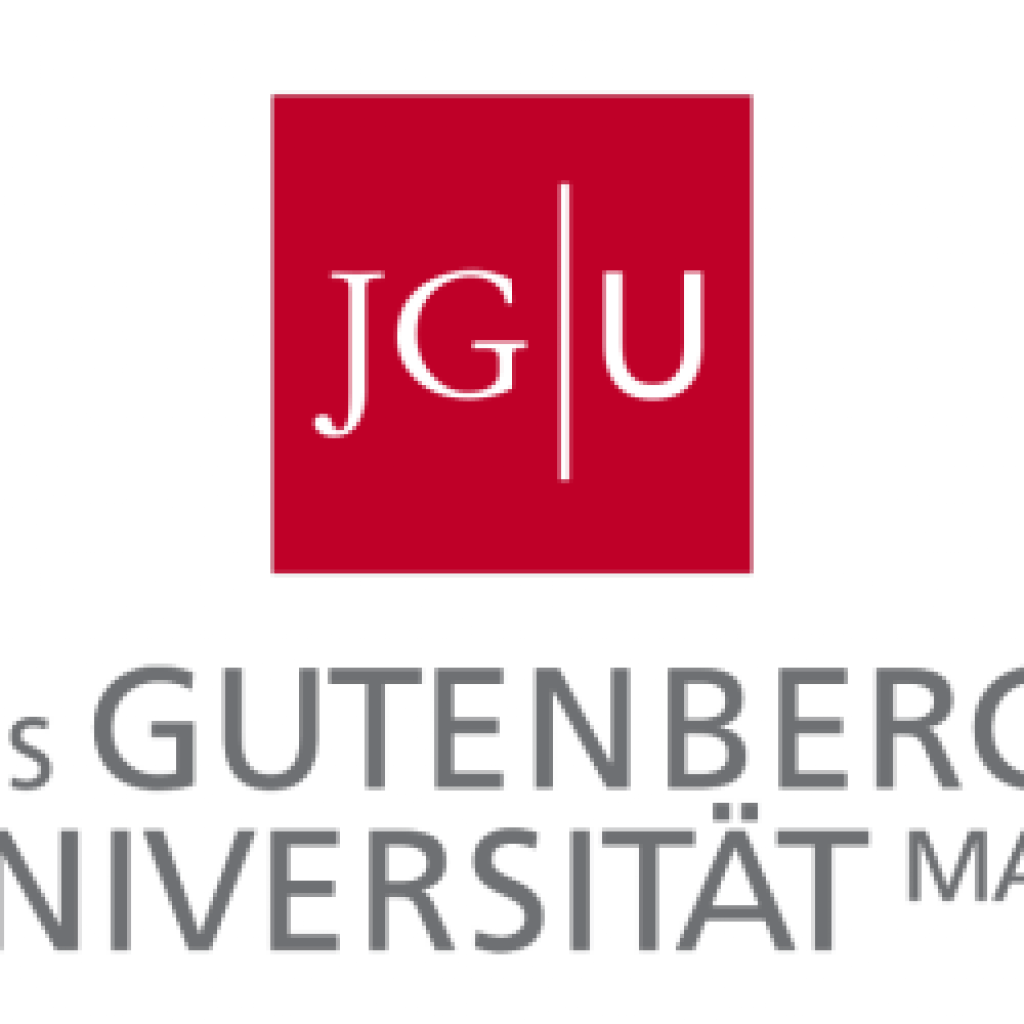(U.Mainz) A team of physicists led by Professor Patrick Windpassinger at Johannes Gutenberg University Mainz (JGU) has successfully transported light stored in a quantum memory over a distance of 1.2 millimeters. They have demonstrated that the controlled transport process and its dynamics has only little impact on the properties of the stored light. The researchers used ultra-cold rubidium-87 atoms as a storage medium for the light as to achieve a high level of storage efficiency and a long lifetime.
“We stored the light by putting it in a suitcase so to speak, only that in our case the suitcase was made of a cloud of cold atoms. We moved this suitcase over a short distance and then took the light out again. This is very interesting not only for physics in general, but also for quantum communication, because light is not very easy to ‘capture’, and if you want to transport it elsewhere in a controlled manner, it usually ends up being lost,” said Professor Patrick Windpassinger, explaining the complicated process.
In their recent publication, Professor Patrick Windpassinger and his colleagues have described the actively controlled transport of such stored light over distances larger than the size of the storage medium. Some time ago, they developed a technique that allows ensembles of cold atoms to be transported on an ‘optical conveyor belt’ which is produced by two laser beams. The advantage of this method is that a relatively large number of atoms can be transported and positioned with a high degree of accuracy without significant loss of atoms and without the atoms being unintentionally heated. The physicists have now succeeded in using this method to transport atomic clouds that serve as a light memory. The stored information can then be retrieved elsewhere. Refining this concept, the development of novel quantum devices, such as a racetrack memory for light with separate reading and writing sections, could be possible in the future.
Physicists at University Mainz Have Transported Light Stored In a Quantum Memory Over 1.2 Millimeters
